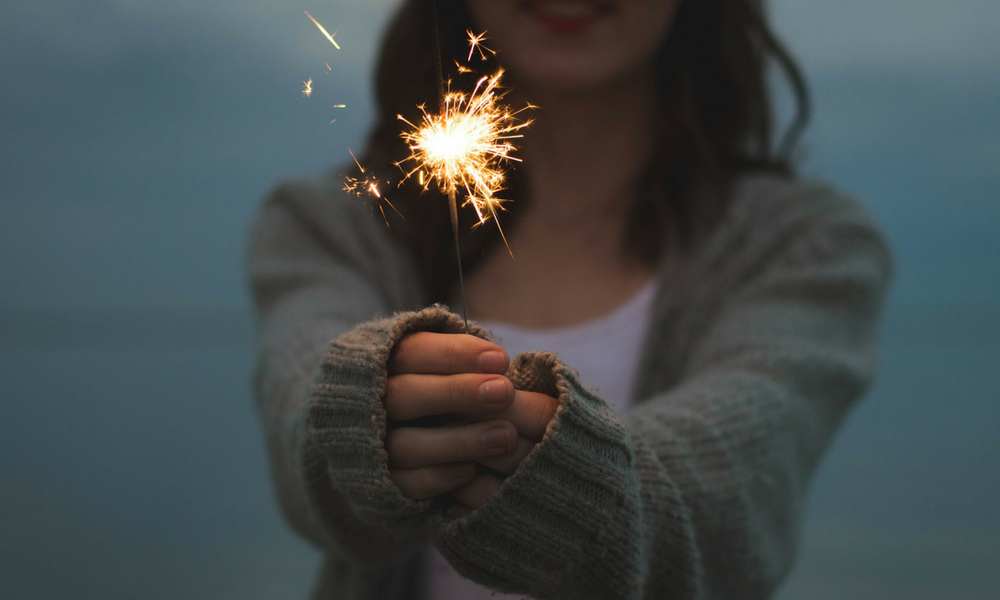
by Anonymous – Follow @browngirlmag
During December 2014, I was diagnosed with major depression. That month every year my doctor asks me if I’m ready to come off the medication. It’s the month where I sit back and try to make peace with events that worsened my health. It’s the month I reflect on what the past year of living with trauma has taught me.
With the recent allegations against Harvey Weinstein, Aziz Ansari, Roy Moore, and other men in power, young women are finally speaking out. Our generation is tuning themselves into the atrocities people face at the hands of perpetrators every day and making sure the careers of these disgraceful men are destroyed – just like they destroyed the peace, confidence and health of their victims.
The mass coverage of Weinstein and Moore emboldened me to speak out. As a survivor, I had trouble getting out of bed to go into my dream internship all summer. I switched medications. I tried to cope with the trauma by being kind to my perpetrator. I then tried to undo the unhealthy bond.
Lesson One: Do what is right for you
Those who don’t respect physical boundaries are incapable of respecting intangible emotional or digital boundaries as well.
I was doing well until this happened – acing all my classes and racking up internships to fill my schedule. Before long, those happy mornings at my desk turned into anxiety episodes and going to class was just out of the question. I registered with disability services. I had to text the crisis hotline one night. I realized how unfair life was. I also realized that I could have done nothing to stop the assault.
I slowly began to forgive myself.
[Read Related: Sexual Assault and Intimacy: 5 Sex Tips I Wish Someone Told Me]
Lesson Two: Tell your professors and employers what is going on.
If they don’t understand, you can at least say you tried. Anyway, do you really want to continue working at a place that doesn’t recognize and understand a major cause of disability around the world?
In my times of darkness, I had such a wonderful group of people to reach out to. I express myself best with words. So, I wrote my heart out in long text messages to my trusted confidantes. They filled me with the confidence and courage I thought I had lost. They didn’t let me succumb to the depressive thoughts.
They became my protectors on this earth.
Lesson Three: I learned that a real friend is someone who pays attention to what you say.
Someone who cares about your needs and doesn’t just take from you or all you have to offer.
My friends were my cheerleaders, but they certainly did not owe me full-blown therapy sessions every time my episodes flared up.
[Read Related: Dear Sexual Assault Survivors: You Are Not Alone, We Will Stand By You]
Lesson Four: Go to therapy
Cut out whoever judges you for it. Find someone of a similar cultural or ethnic background if it helps. Progressive South Asian mental health professionals exist.
This past year was filled with underlying themes of justice, survival and overcoming. I can confidently say that I am in the healthiest mental state I have experienced. I have felt peace and indifference finally wash over me. I have overcome.
We live in a society where women are supposed to be men’s equals, but we have thrown their abuses under the rug. A country where a known misogynist sits in the Oval Office – whenever he’s not busy playing golf or ignoring the plight of citizens to not endorse men with histories of sexual assault.
Two thousand and seventeen taught me that when we, especially women, come together to listen, trust and uplift one another — no one can stop us. No man can force a woman to live in fear of her safety, career and social status anymore. We can elect a non-child predator into office. We can destroy the film career of a rapist.
Collectively, we can overcome the trauma inflicted upon us by those we thought were on our side. No man can take control of our lives.
Lesson Five:
“If your light falls out of your mouth pick it up. (and put it back).” – Noor by Nayyirah Waheed




